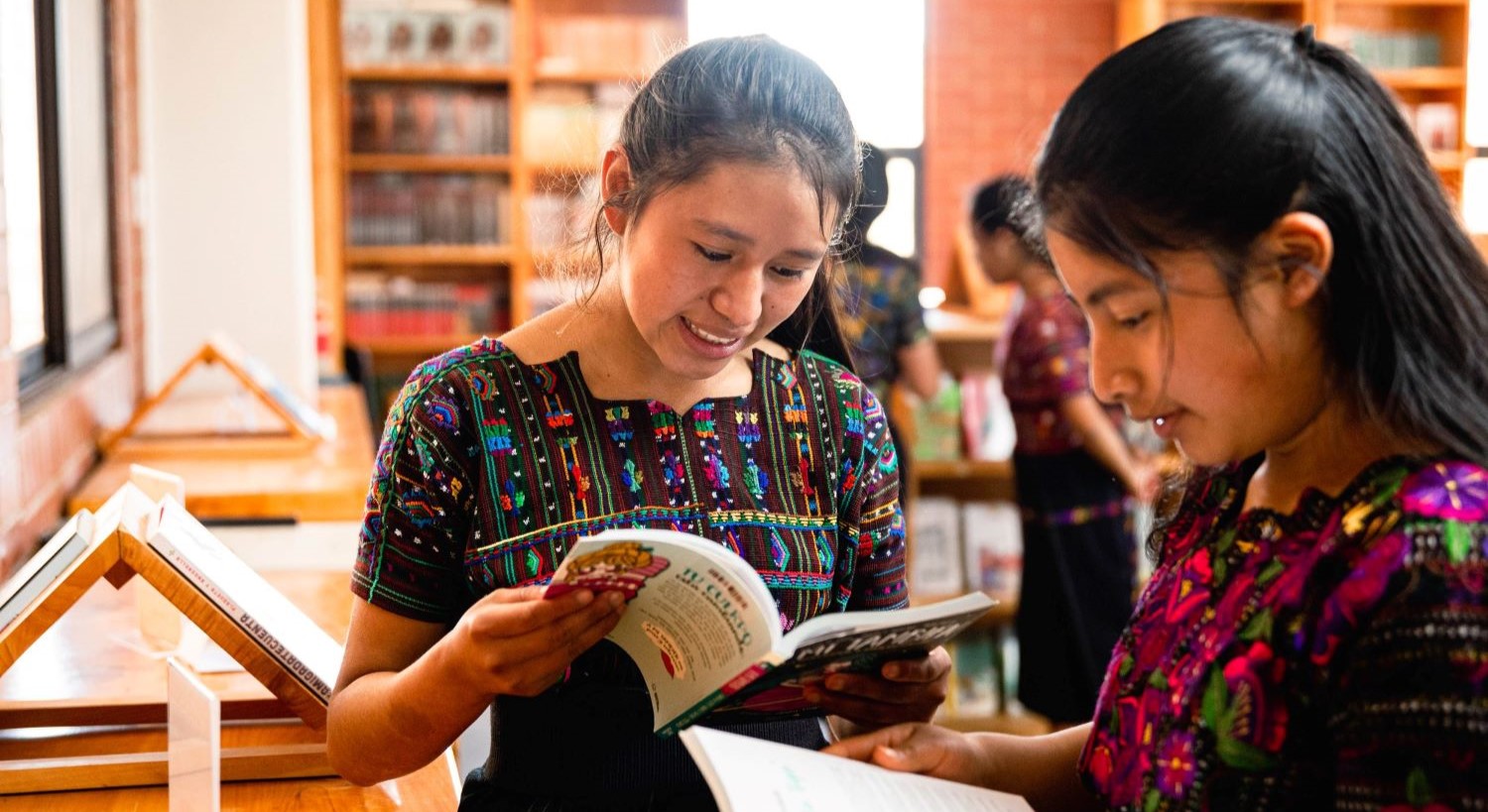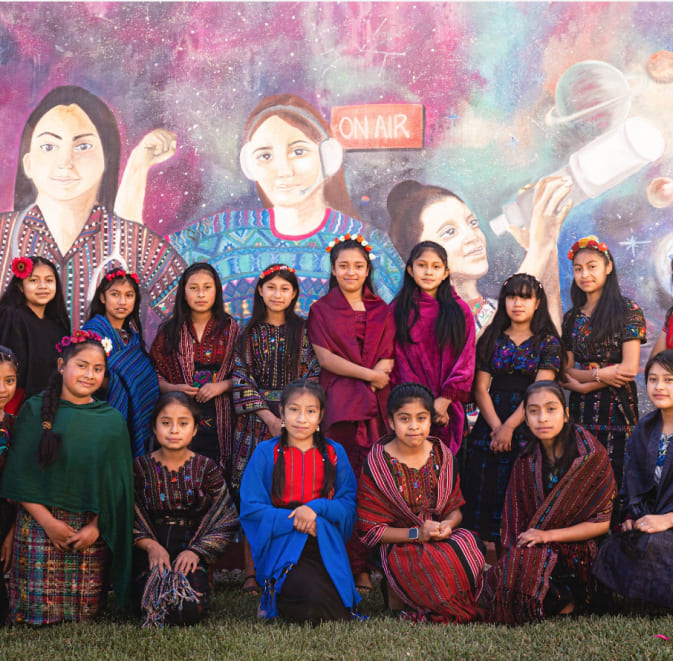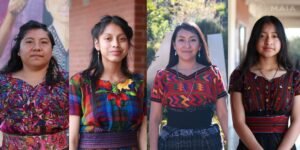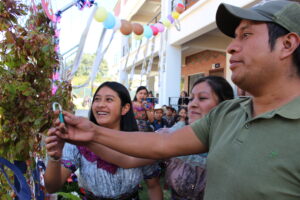
Empowering Girl Pioneers to reach their full potential
At MAIA, education goes beyond the confines of traditional academics. The Socioemotional Mentorship and Family Engagement Program is central to MAIA’s educational model. It is a unique initiative designed to




